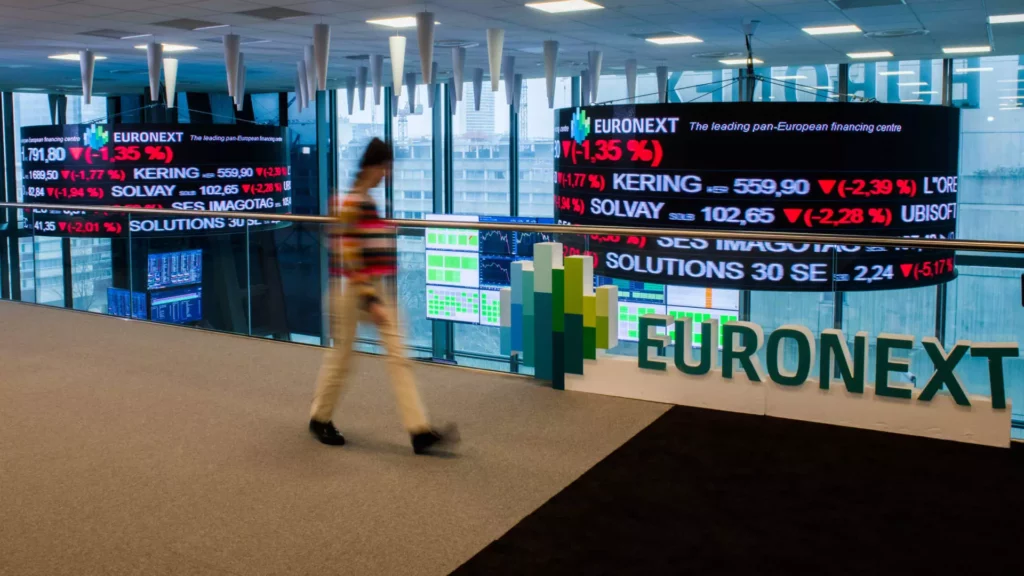In the wake of Donald Trump’s election victory, international markets experienced a notable downturn, bucking the trend of record highs seen in prominent U.S. indices. Investors are particularly sensitive to Trump’s potential fiscal policies, leading to significant movements in several exchange-traded funds (ETFs) that track global equities. Notably, funds from iShares focusing on regions such as South Korea, Hong Kong, Taiwan, and Chile experienced declines, reflecting a broader apprehension regarding the implications of Trump’s impending administration on global trade.
Despite the U.S. market celebrating its impressive performance, the international investment landscape displayed stark contrasts. Traders are navigating uncharted waters, with Trump’s proposed tariffs—potentially as high as 20% on all imports and escalating to 60% specifically on goods from China—arousing concern among investors. This uncertainty casts a shadow over global equity prospects, leading analysts to predict limited short-term growth in international stocks.
The immediate market reaction underscores the complex relationship between political changes and economic performance. While Trump’s policies were of concern to many voters, they did not appear to decisively impact election outcomes, highlighting a disconnect between voter sentiment and market reactions. Yung-Yu Ma, chief investment officer at BMO Wealth Management, pointed out that the U.S. remains an attractive investment landscape; however, the vulnerability of international markets to tariff policies invites cautious investment strategies.
As the U.S. indices soared, European markets struggled significantly. The iShares Core MSCI Europe ETF fell by over 2%, a stark reflection of the investor crossover apprehension that spread throughout the European trading floors. In contrast, there were pockets of resilience in the Asia-Pacific region, evidenced by Japan’s Nikkei 225 index continuing to perform well amidst the volatility.
As the unsettling political landscape unfolded, the ICE U.S. Dollar Index saw a climb to its highest point since July, suggesting a robust strengthening of the dollar, coinciding with increasing inflation expectations. LPL Financial chief technical strategist Adam Turnquist noted that a thriving dollar could negatively impact international equities, especially emerging markets, many of which continue to underperform their U.S. counterparts.
The iShares MSCI Emerging Markets ETF highlighted these fears as it dropped by over 1% on the same day many U.S. stocks achieved record highs. The unease surrounding Trump’s economic outlook lingers in the minds of global investors, with many perceiving emerging markets as increasingly risky.
Not all global investments shared the same fate, however. The Global X MSCI Argentina ETF rose over 2%, setting a 52-week high that stood as a testament to the unexpected resilience of specific markets. Argentina’s recent election of libertarian Javier Milei, a figure analogized to Trump, has seemingly added a layer of optimism among investors regarding potential market reforms.
While international markets grapple with the aftershocks of U.S. electoral outcomes, it is clear that political sentiments reverberate strongly across financial landscapes, influencing investor confidence and shaping fiscal strategies in unprecedented ways. Moving forward, both political leaders and investors must navigate these complex terrains to foster sustainable economic growth across global markets.

